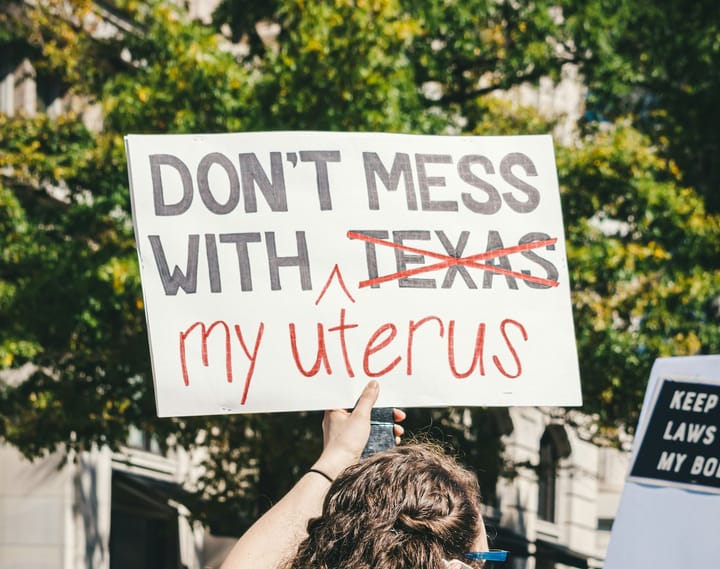Post Dobbs, Texas Experiences Decline In Birth Control Prescriptions

According to a new study, the Dobbs decision which reversed Roe v. Wade has had ramifications well beyond abortion restrictions and bans in red states like Texas. It’s also led to vast declines in prescriptions for birth control pills and emergency contraceptives.
The study, led by lead author Dima M. Qato of the Alfred E. Mann School of Pharmacy and Pharmaceutical Sciences at USC, is the first to comprehensively examine the impact of the Dobbs decision on contraception. Researchers looked at the monthly data for prescriptions from March 2021 to October 2023 (the Dobbs decision was announced in June 2022).
Overall, states with the most restrictive abortion laws saw declines in both prescriptions for birth control pills and emergency contraceptives. In Texas, there was a 28 percent decrease in prescriptions for oral contraceptive pills and a 47 percent decrease in emergency contraception.
The study’s authors note that in states with restrictive abortion laws or bans, many family planning clinics have closed. “In states such as Texas and Mississippi where women now don’t even have the option to have an abortion, their access to contraception is also becoming more difficult,” said Qato in the study.
Many of these family planning clinics, which offered services well beyond abortion care, served primarily low-income women. The study notes that nationally, 11 percent of women of reproductive age in the United States depend on family planning clinics for contraception.
When it comes to the decline in emergency contraceptives, the study’s authors cite some common beliefs about the legality of brands like Plan B. A survey from the health policy organization KFF last year showed that over 40 percent of women in states with abortion restrictions believed that emergency contraception was illegal.
In Texas, many anti-abortion organizations and leaders are rallying around banning emergency contraception, which they erroneously describe as an abortifacient. Emergency contraception works by delaying or preventing ovulation: it does not induce an abortion.
Earlier this year, the first ever over the counter birth control became available in the United States. Texas Signal spoke with Houston physician Dr. Bhavik Kumar about Opill, which is a safe and effective form of birth control that does not require a prescription.



Comments ()